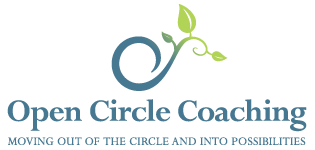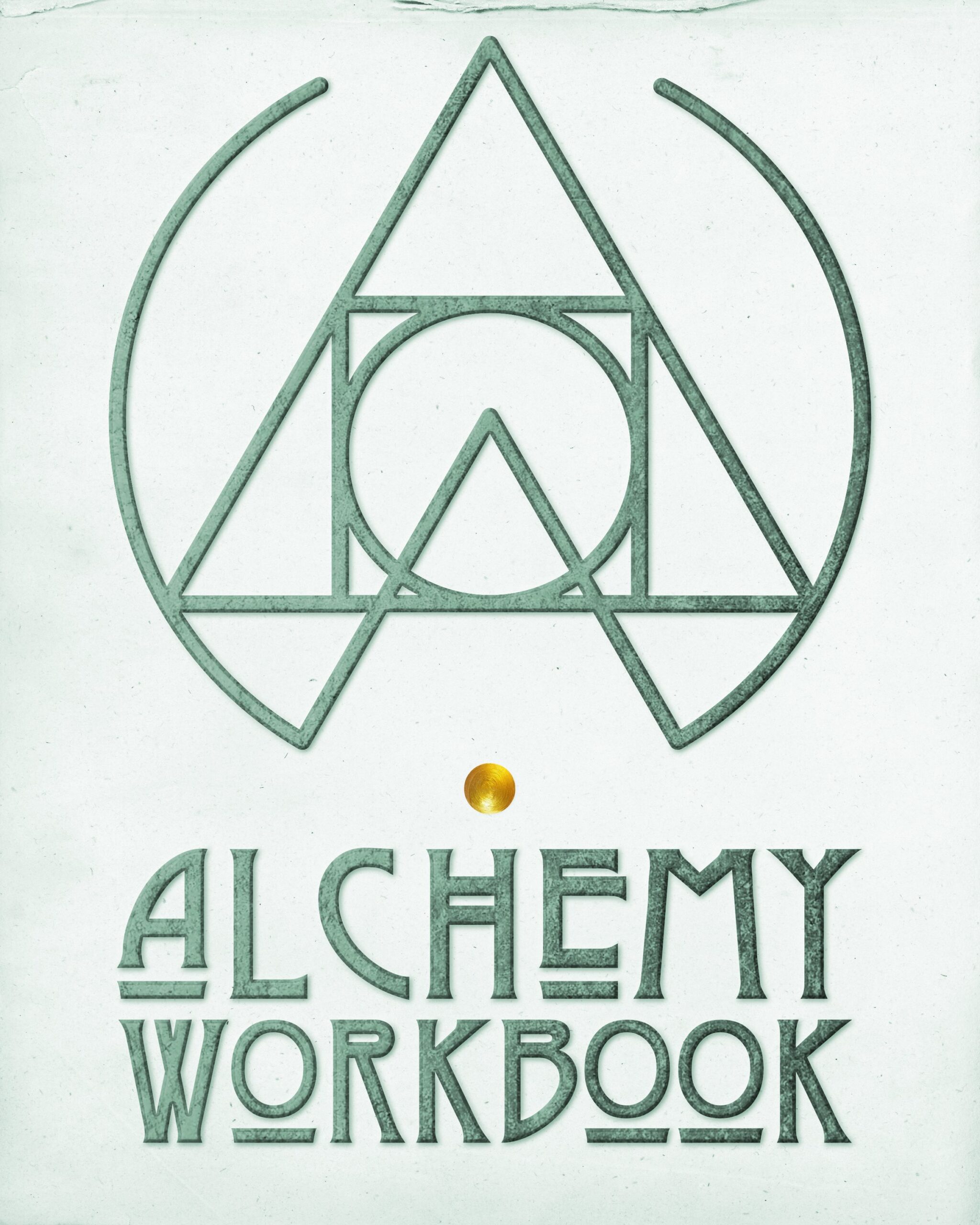When Regret is Assumed Regret
January 31st, 2023 by Kelly Kienzle

“I wish I had chosen vanilla, instead of chocolate. Now I have a brown smear down the front of my shirt where it spilled.” I now spend the rest of the afternoon regretting having chosen such a messy ice cream flavor.
This fictional, yet entirely possible, scenario illustrates how we make assumptions about the imagined outcome of our choices. I am assuming I can foresee that I would not have made a mess if I had chosen vanilla. But I cannot foresee that. I am making an assumption.
The Big Assumption
If I had chosen vanilla and spilled it, it may not have made as big of a mess as the chocolate, but it might have dripped on someone else. Or maybe I wouldn’t have spilled it at all and then I would never have met the kind person in the bathroom. Or maybe I would have spilled far more than the chocolate, soaking me to the skin in vanilla ice cream.
The number of outcomes is limitless. Thus, it is a false, ungrounded assumption that I made the wrong choice. How can I know it was?
All regret we feel about having made a certain decision is assumed regret. We don’t actually ever know that it would have turned out better, if we had made a different decision.
We don’t know the other choice would have been better regarding what colleges we attend, which partners we choose, which employers we sign on with, and all the way down to small decisions such as which orange juice we buy. In every case, if we feel regret, then we are making assumptions that another choice would have been better.
The Big Caveat
Remember this caveat: This statement is true only for choices we make. It does not apply when circumstances are forced upon us and we lose our ability to choose. In those situations, then we can absolutely feel a justified regret in how a situation played out. I’m thinking of unforeseen accidents, victims of abuse, etc.
Throwing it Out
Yet if you made a choice and later had a feeling of regret creep in, ask yourself what assumptions you are making about how the other outcome would have been better. Regret is something manufactured in our minds that we can throw out when it is ungrounded and unhelpful.
What is a piece of regret you have been carrying about a choice you once made? With the carefreeness of an agnostic, you can throw it now. You don’t know that the other outcome would have been any better. You are unnecessarily suffering under assumed regret.





